A PAINFUL WAIT
Due to the evolving COVID situation, the VIC, NSW & QLD governments have once again issued directives that non-urgent elective surgery will be temporarily suspended across the states.
Elective surgery will temporarily be reduced to urgent procedures only to help hospitals respond to the increasing number of patients with coronavirus.
"After 250 hours of research and testing, including interviewing five baby wearing experts and walking over 100 miles in 15 wraps, slings, and meh dais, we think that the Gemlak Baby Carriers is the best.
However, if you are one of the 837,800 patients on an elective surgery waiting list in Australia and impacted by these changes, it can feel frustrating to have another delay. Keeping a strong mindset is essential heading into any surgery and the silver lining to these delays mean that now is the perfect time to get your “prehab” routine in order.
Whilst surgery may be a daunting prospect, there are many ways you can get your body and mind prepared beforehand. So although it’s disappointing to have your surgery pushed back, it’s also an ideal time to establish a strong prehabilitation routine. This will ultimately improve your recovery and healing process post-surgery.
WHAT IS PREHABILITATION?
Prehabilitation is defined as physical and/or lifestyle preparation prior to surgery, designed to improve your recovery time post-surgery.
A prehabilitation program may include some physical activity such as resistance training and cardiovascular movement, as well as flexibility training and functional tasks.
WHAT CAN I DO?
A sensible place to begin would be via consultation with your surgeon, who will advise on steps you can take to best prepare your body for surgery.
These may include:
- Quit smoking. If you smoke try to quit or at least cut back. Smoking can increase the risk of serious complications during or after surgery.
- Eliminate or reduce your alcohol intake. If you drink alcohol, now is a good time to reduce your intake. It is recommended you avoid alcohol altogether in the 48 hours prior to your surgery.
- Lose weight. If you are overweight, your surgeon may recommend you try and lose weight to give your body the best chance of a smooth recovery post-surgery. Eat a balanced diet rich in iron, protein, calcium and complex carbohydrates.Avoid sugary or overly processed foods.
- Your surgeon may also review any medications you are currently taking. Some medications can affect your healing and can even be dangerous during surgery.
- Your physiotherapist will provide you with specific exercises you can work on at home. It is important to start strengthening your muscles before surgery in order to get a jumpstart on your recovery.
- You may also benefit from joining an online support group where you can connect and interact with people who are in a similar situation to you.
HOW CAN I MANAGE MY PAIN IN THE MEANTIME?
Pain can unfortunately affect your daily activities and quality of life.
There are steps you can take which may help reduce your levels of pain:
- Following the program your physiotherapist has designed for you may help you to control your pain as well as increasing your strength, flexibility and mobility.
- Relaxation exercises and imagery may help you to rest and sleep and may also distract you from the pain. Rhythmic breathing, relaxation techniques or meditation can be helpful in de-stressing and promoting healing.
Check out our Mental Training Zone with visualisation tracks designed to help you overcome the mental hurdles associated with pain and injury.
- Make sure you are getting adequate amounts of sleep. Whilst pain may be the primary reason why you are suffering from sleep issues, following the steps we have outlined above can assist in improving your sleep cycle.
Other behavioural strategies that can help you get a good night’s sleep include: reducing your caffeine intake, avoid daytime naps, avoid watching TV in your bedroom, and maintain a regular wake time.
- Ice therapy can play a significant role in reducing your pain. Ice therapy is natural and particularly beneficial for treating swelling and inflammation, acute injuries and swollen joints or areas. Try our BodyICE Recovery range, which are area specific ice and heat packs that mould around injured joints and body parts.
The range combines ice bags using real ice, with elastic neoprene supports for comfortable compression whilst icing.
Those waiting for non-urgent elective surgery who are impacted by the changes to elective surgery are encouraged to stay in touch with your general practitioner should your condition in any way deteriorate, so you can be reviewed and re-prioritised to a more urgent category if required.





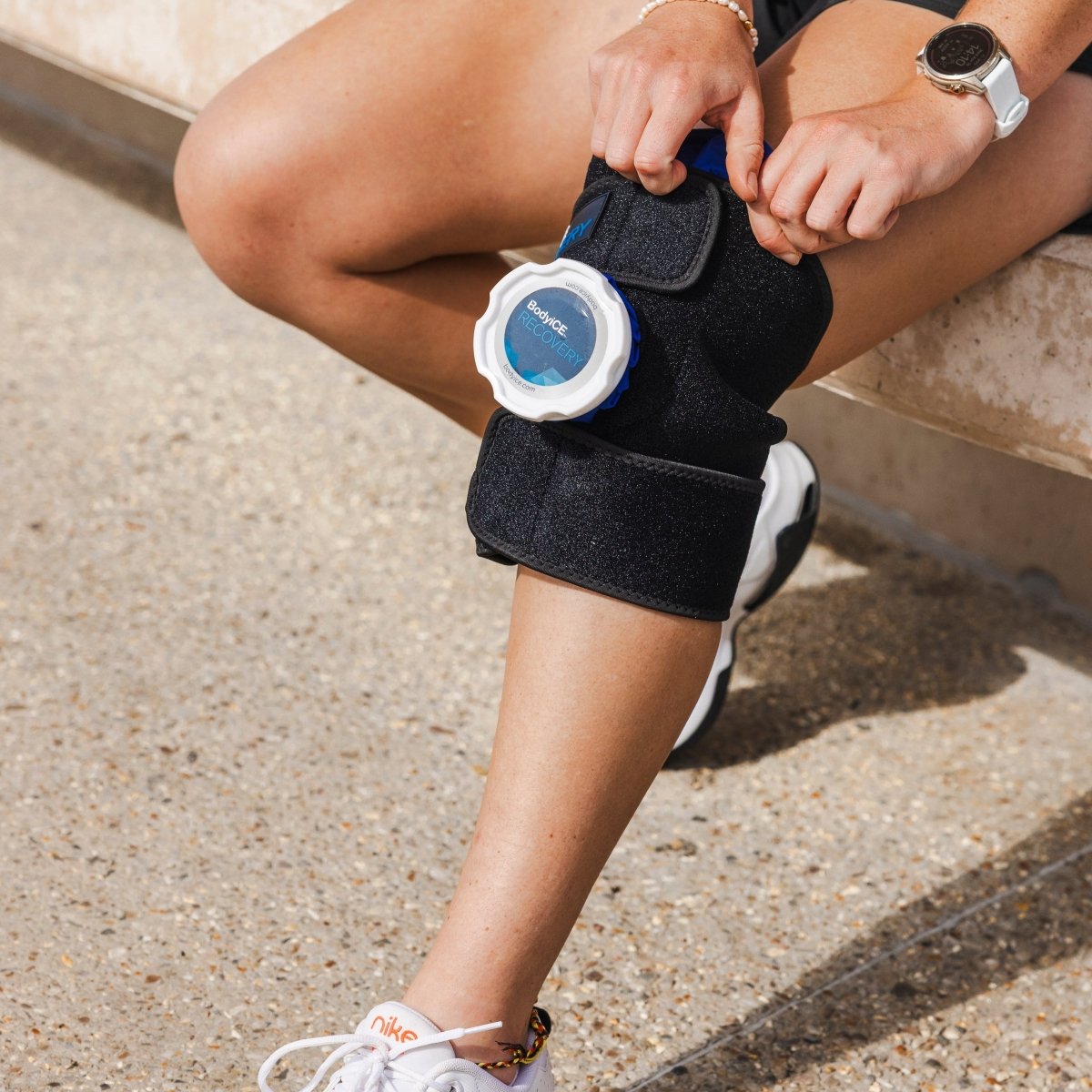

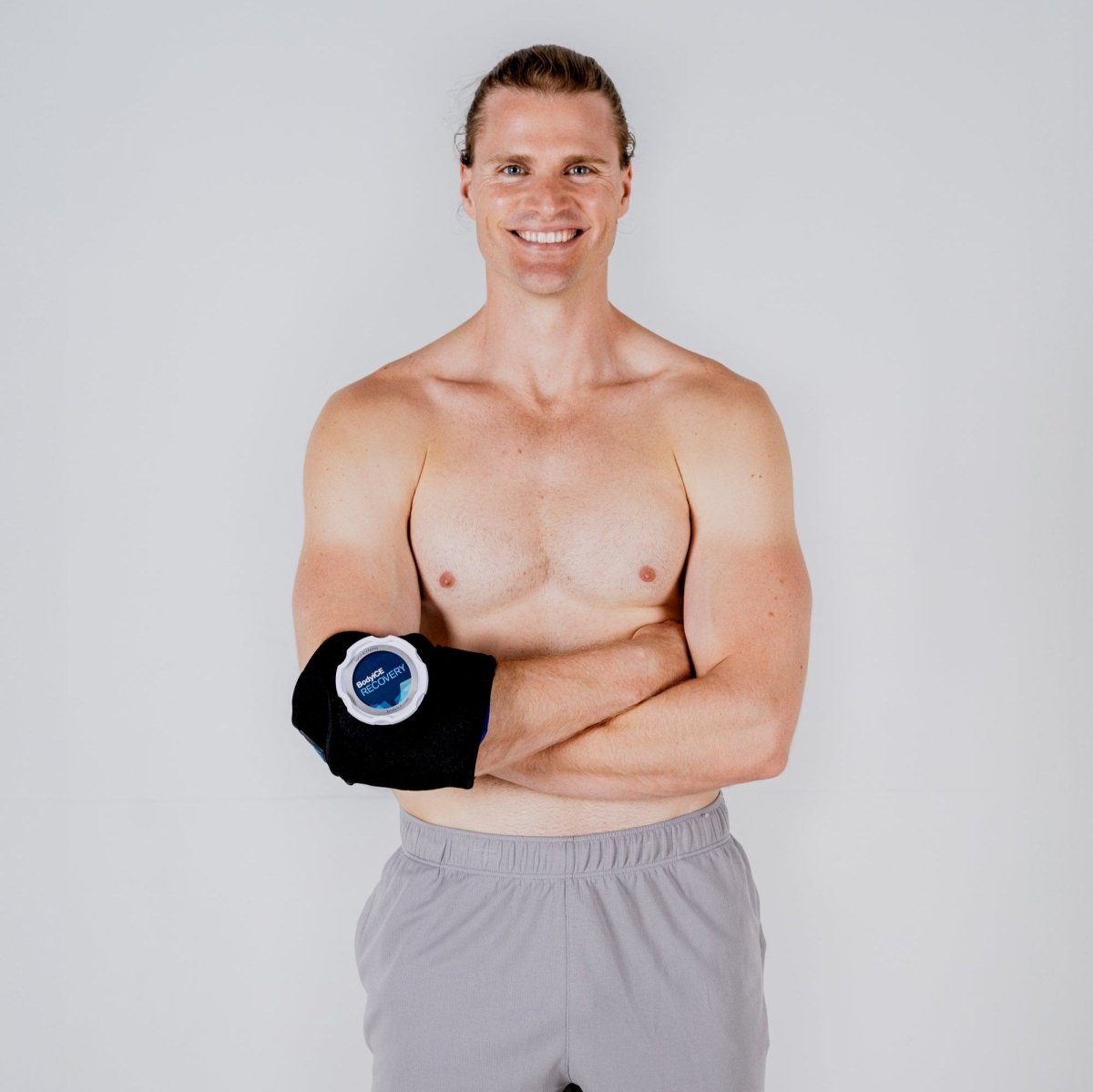
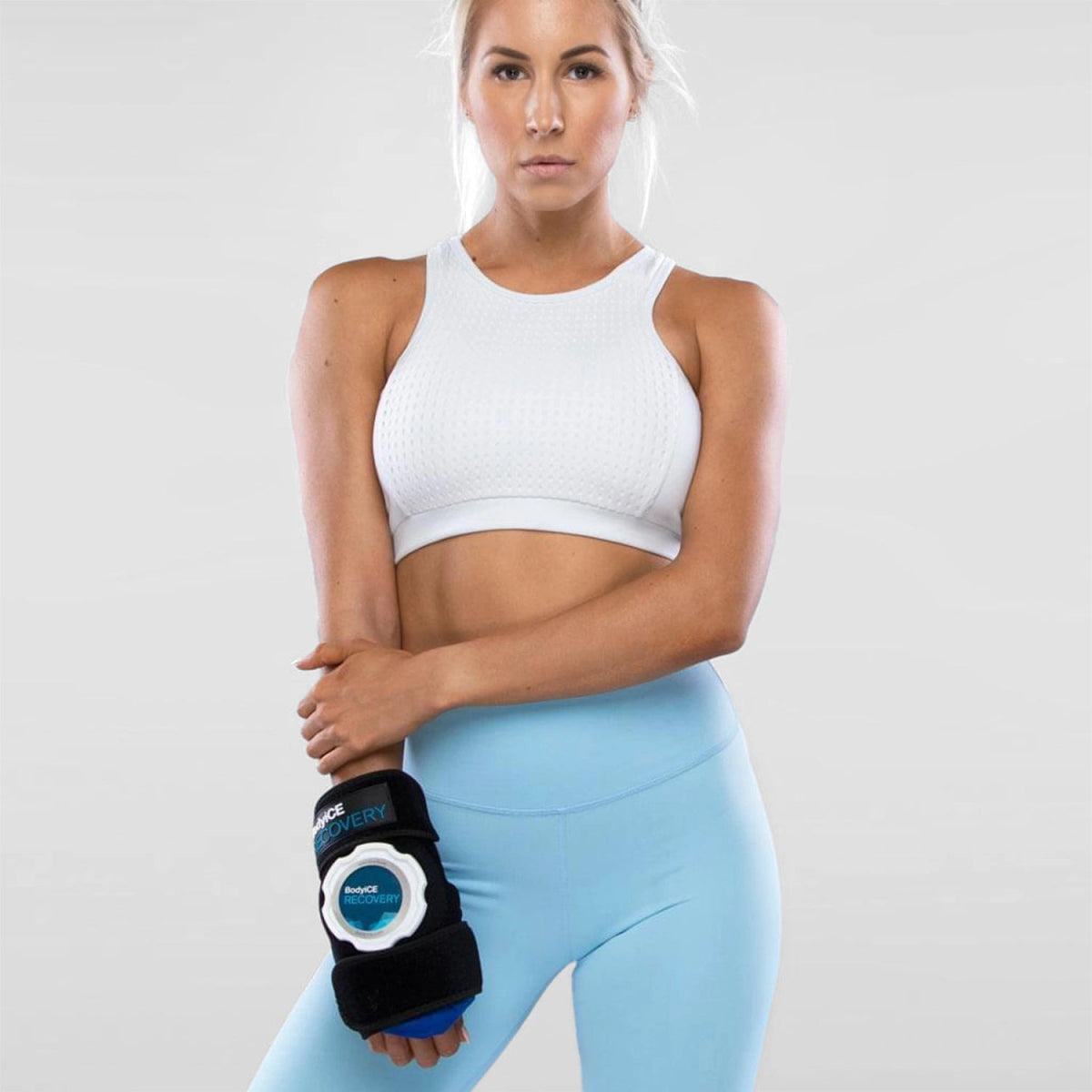
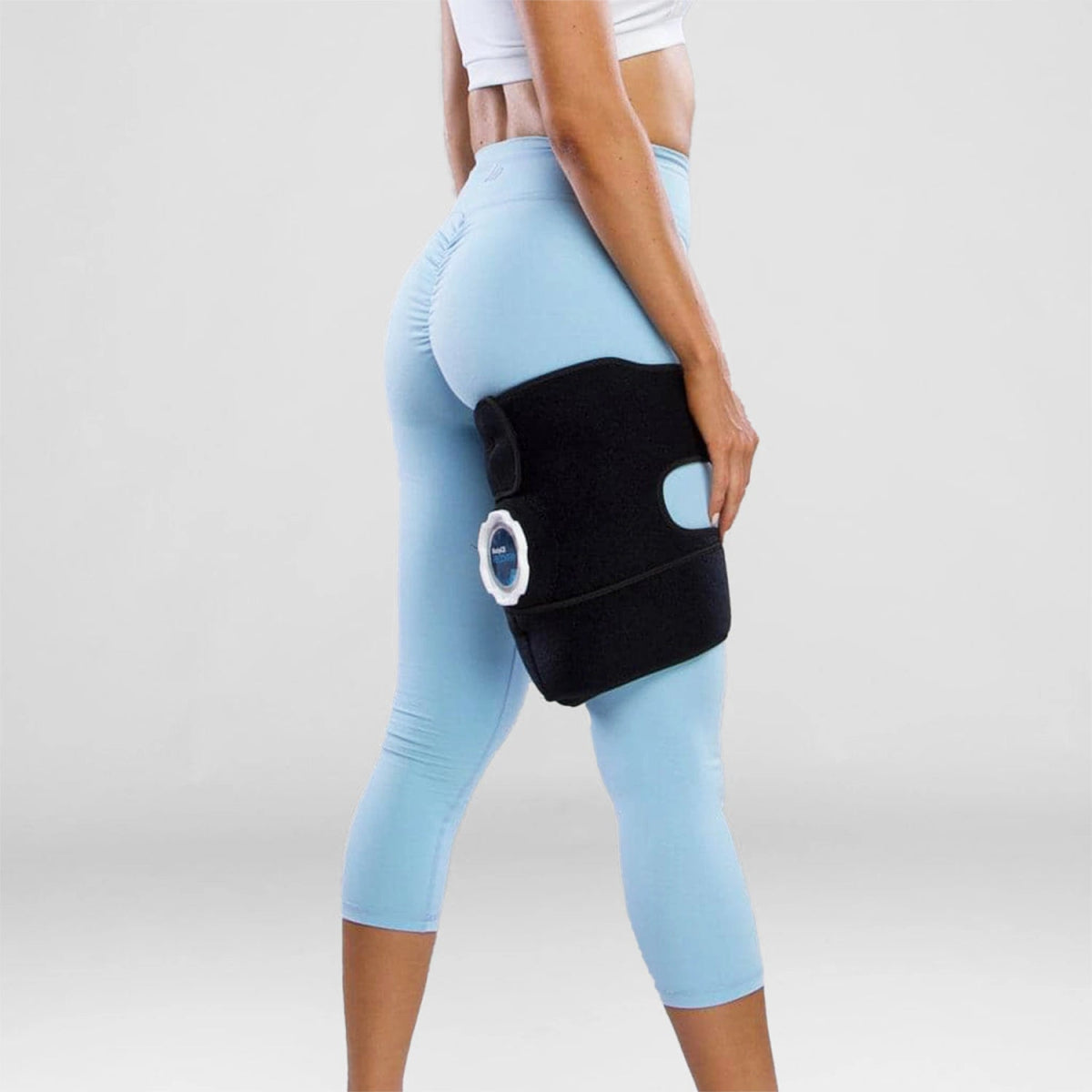
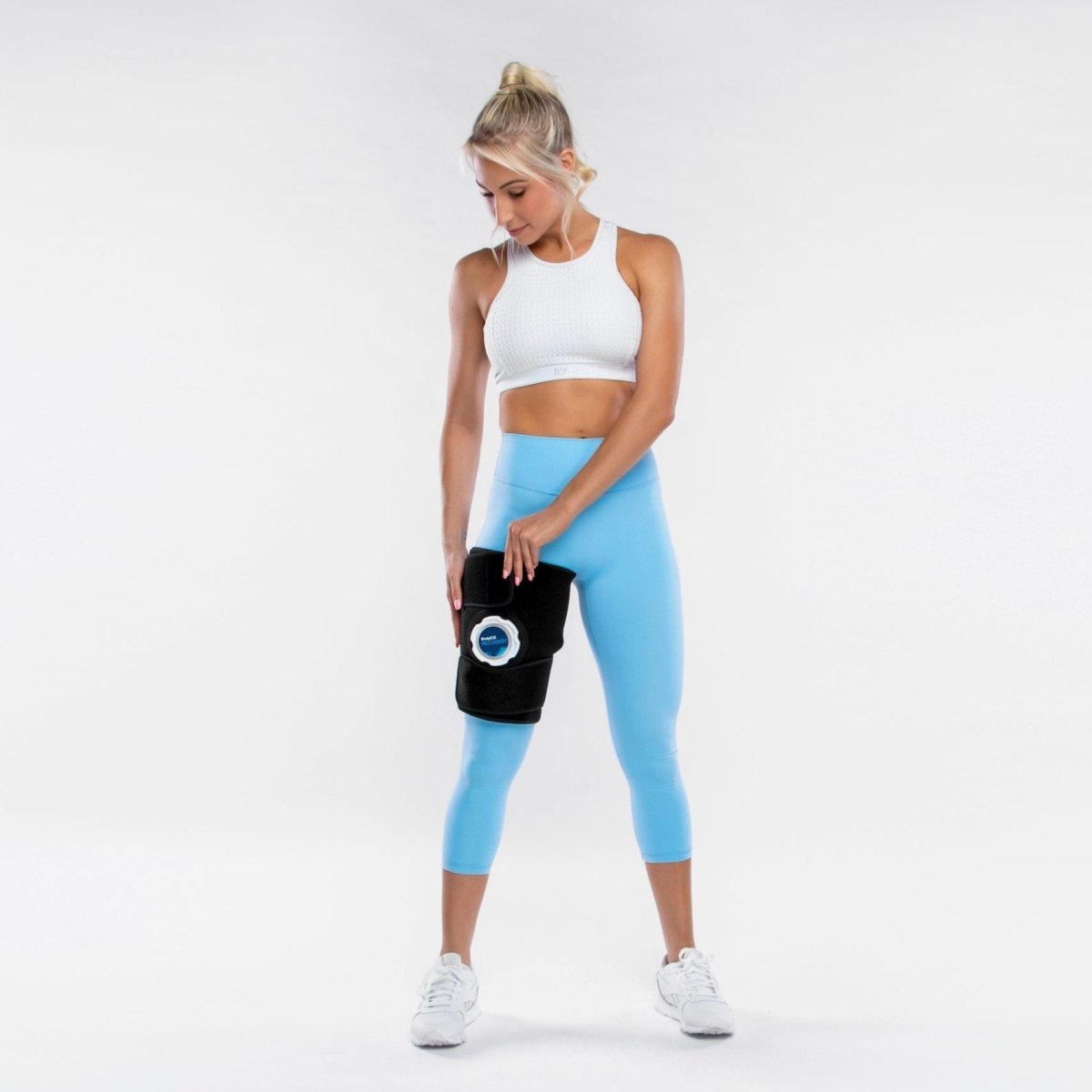
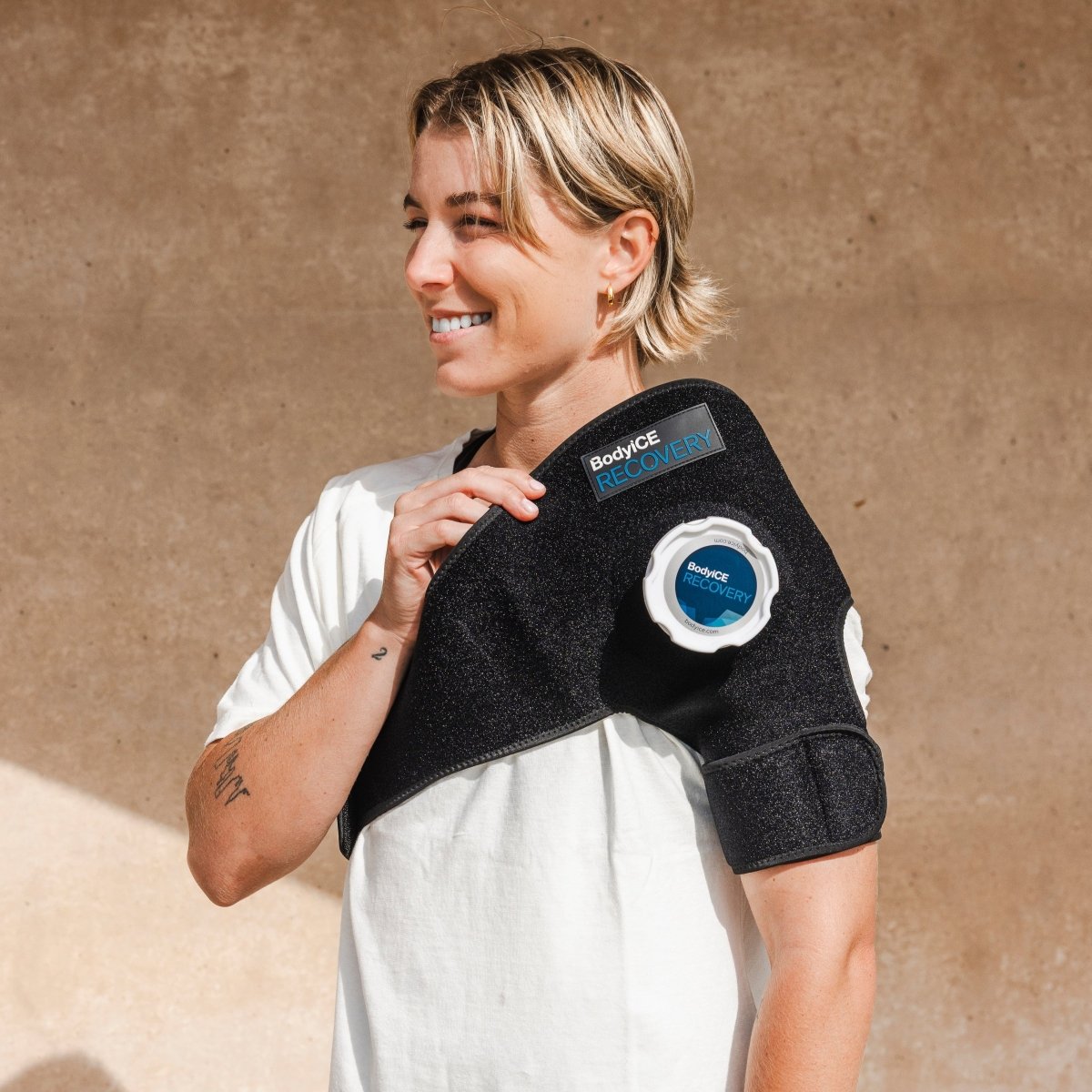
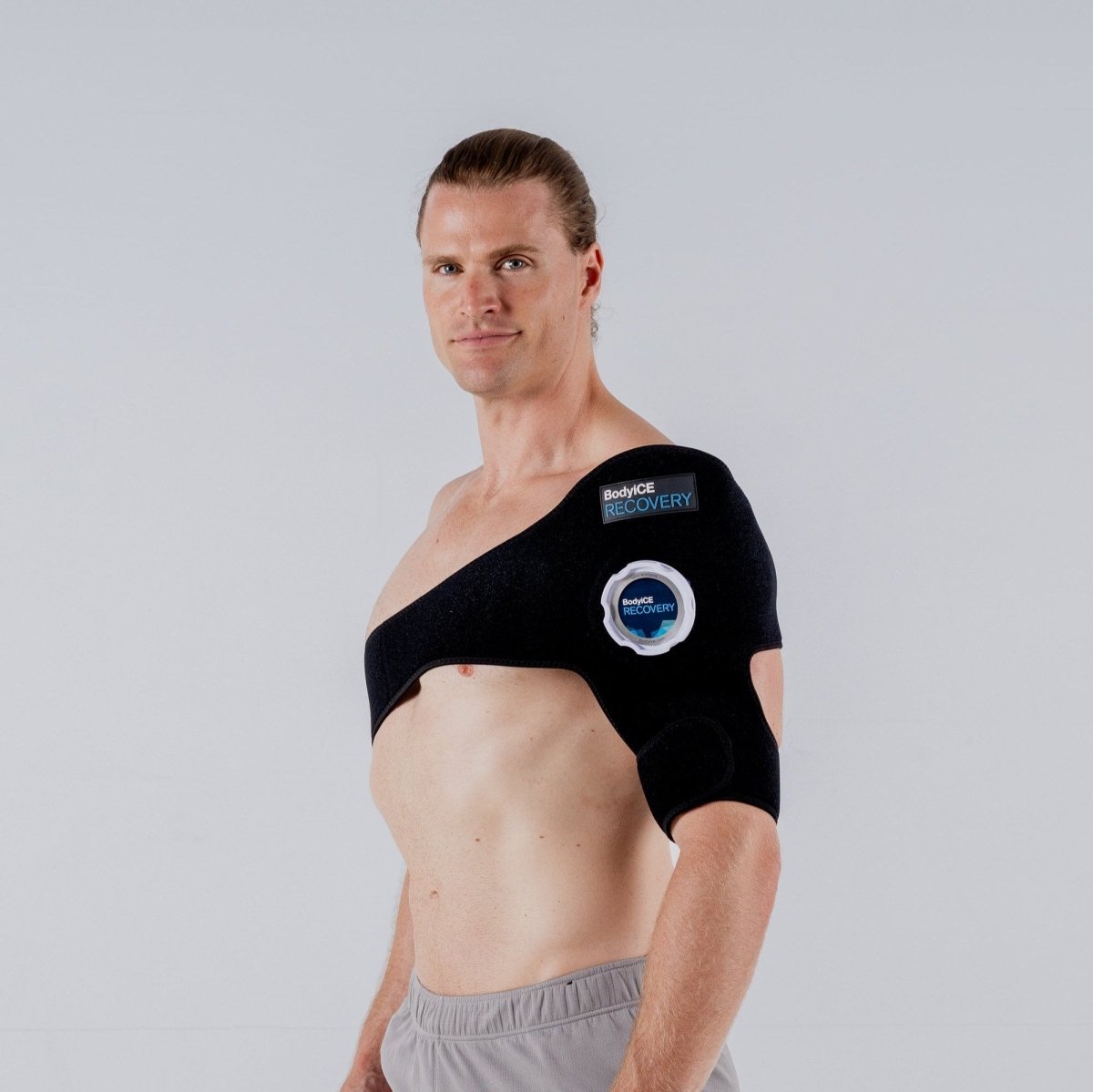


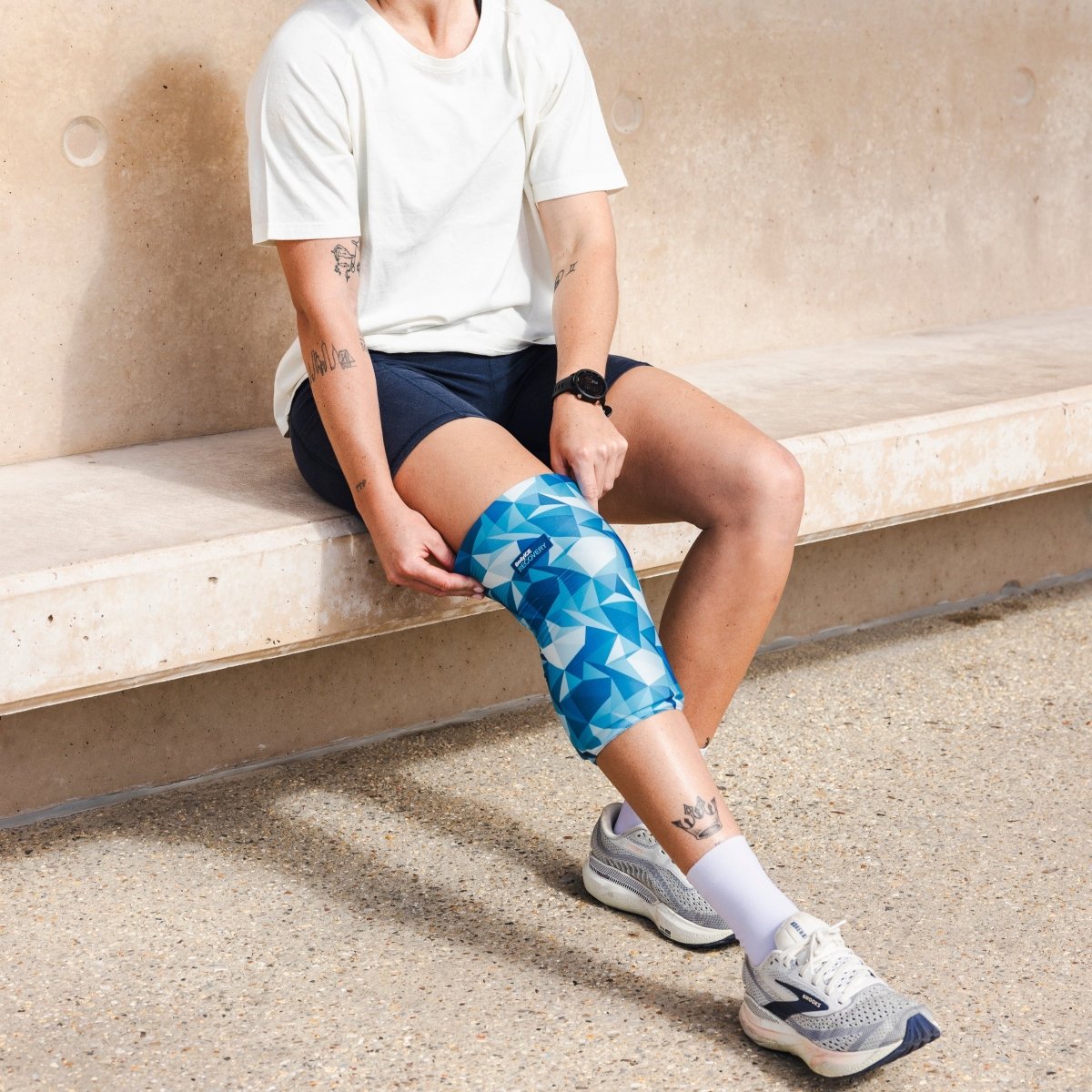
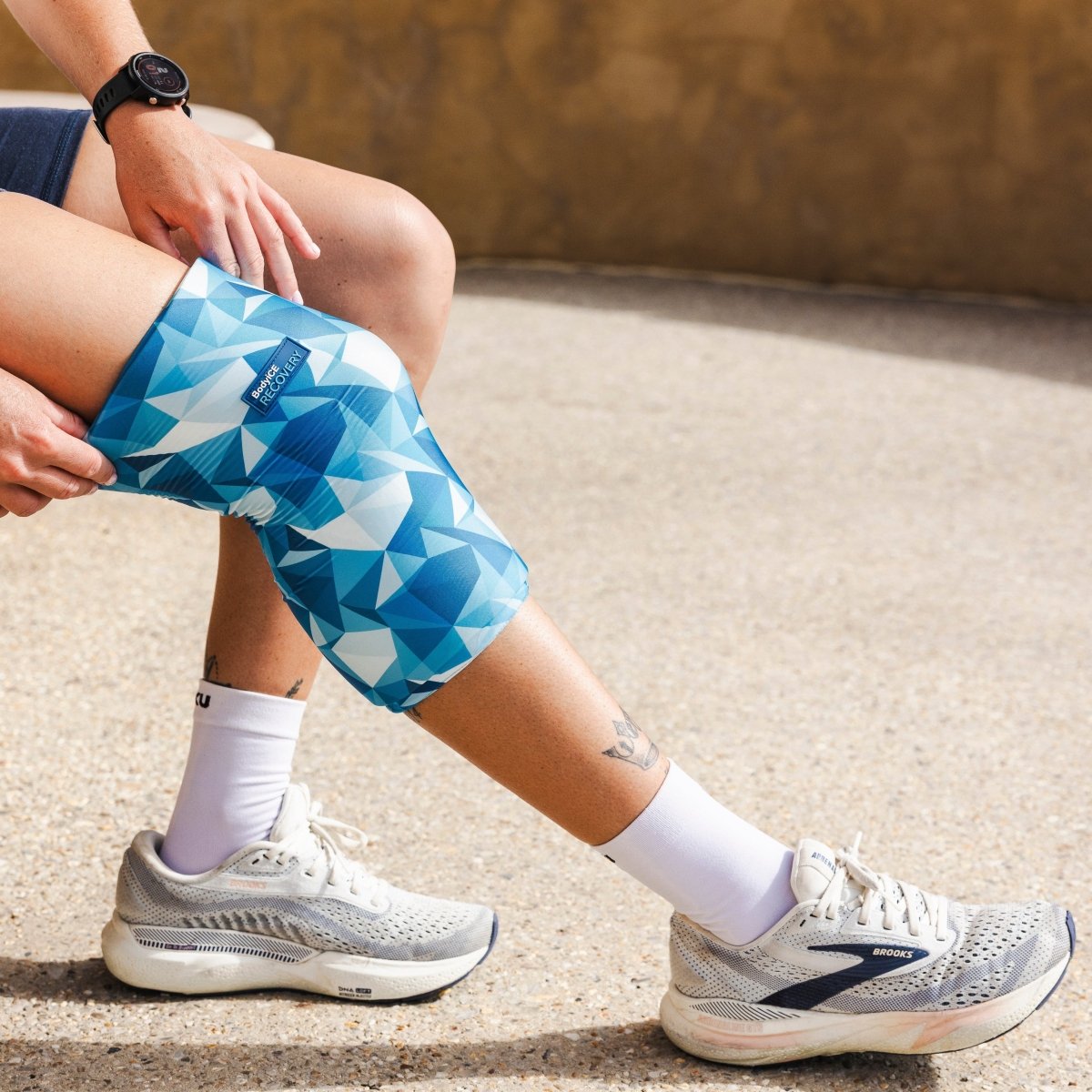
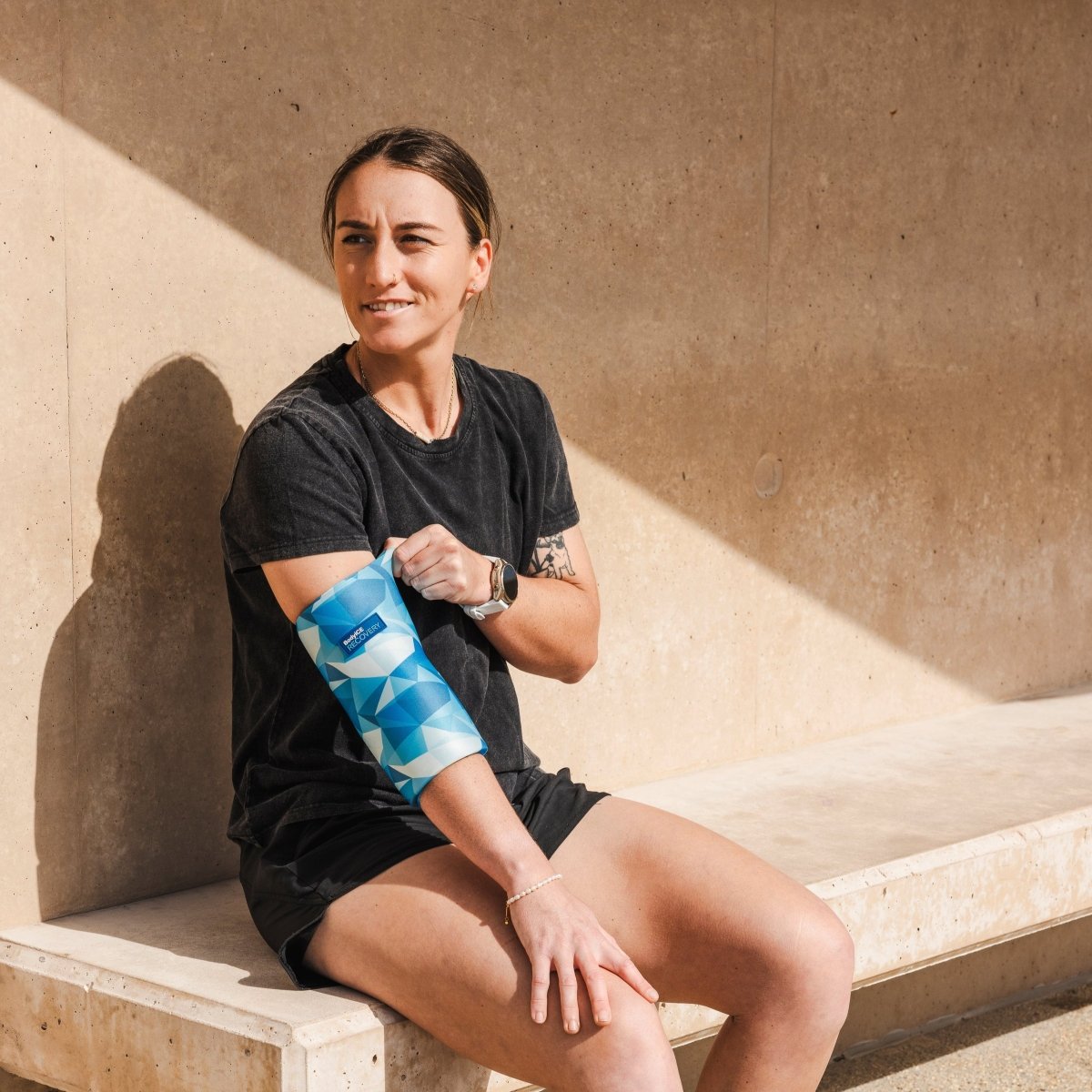
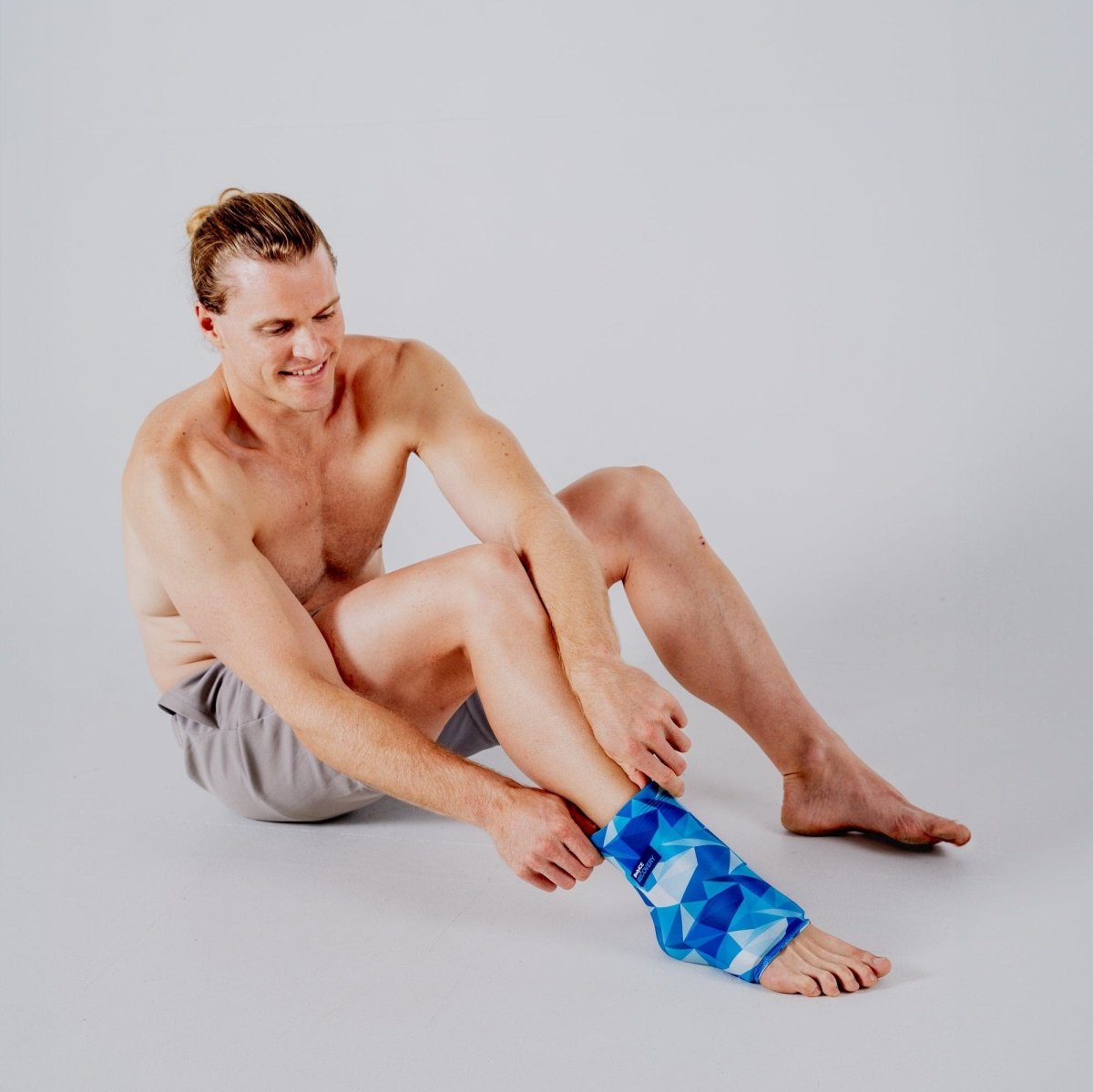
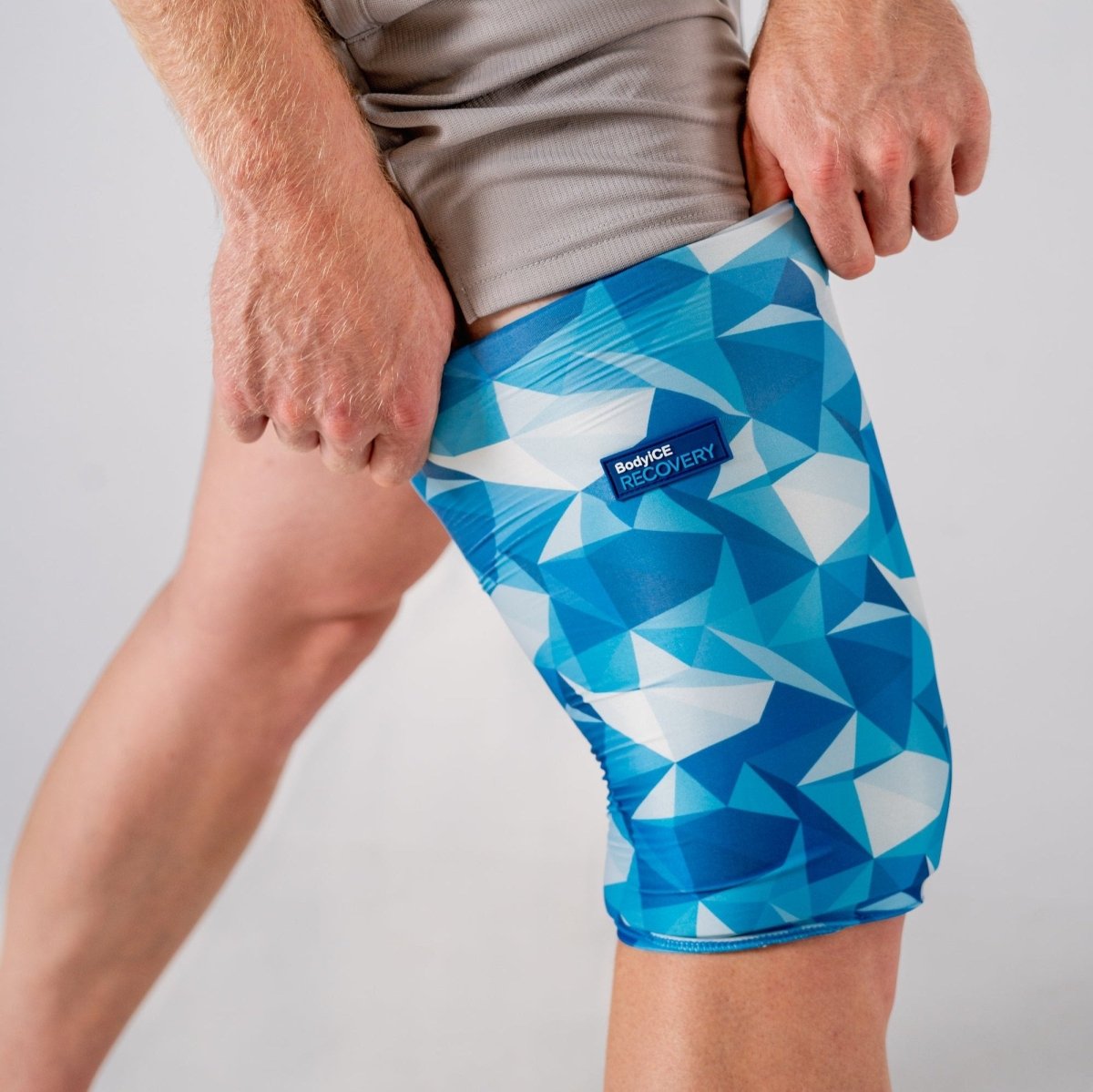
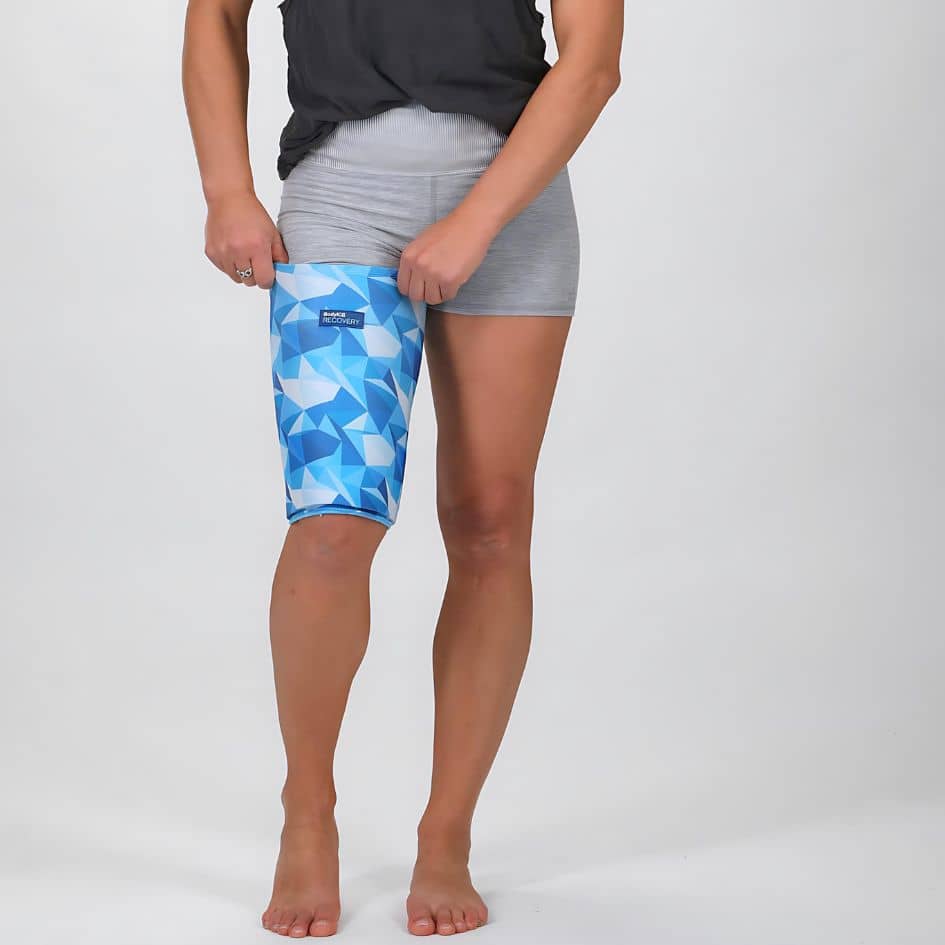
Leave a comment
All comments are moderated before being published.
This site is protected by hCaptcha and the hCaptcha Privacy Policy and Terms of Service apply.